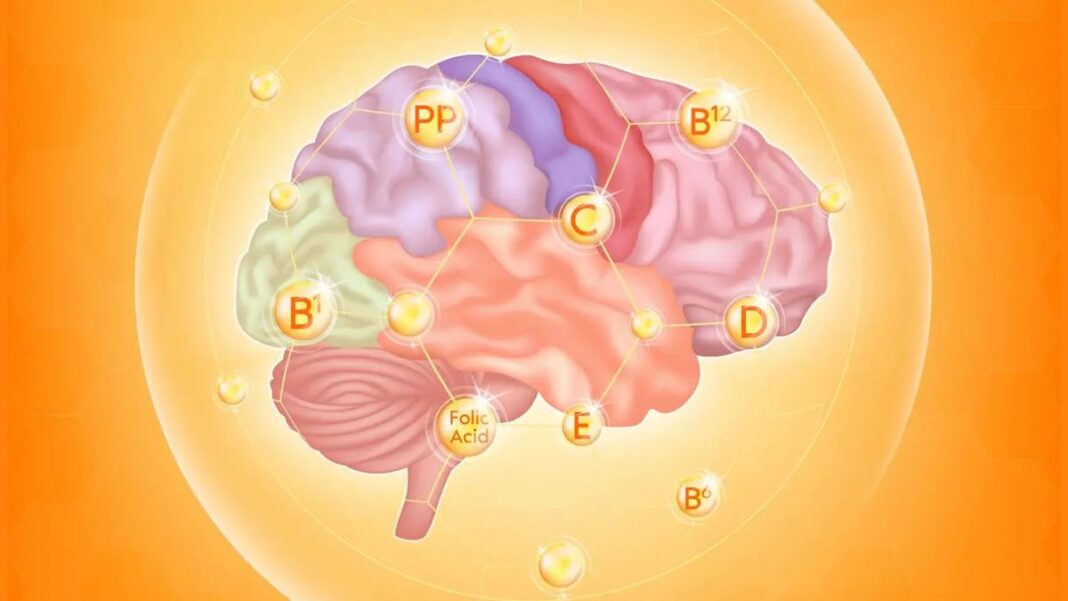Discover the nutrients vital for protecting your mind.
Forgetfulness and shaky hands were once considered typical signs of aging. But as degenerative brain diseases like Alzheimer’s and Parkinson’s skyrocket worldwide, striking people as young as 40, experts warn these lapses may signal something far more sinister—a creeping nutritional deficiency that could steal your memories and mobility.
Not getting enough of certain essential vitamins and minerals could significantly raise your risk for these neurological conditions, according to recent research.
With over 2 billion people worldwide already nutrient-deficient and inadequate nutrient intakes being “pervasive” in the U.S. population, according to the National Health and Nutrition Examination Survey (NHANES), understanding which nutrients matter most for protecting the brain is more vital than ever.
Micronutrient Deficiencies and Brain Disease
Micronutrients are critical components of neurotransmitters, which enable the brain to produce and transmit signals.
Consuming adequate micronutrients may have therapeutic value for prevention and could potentially help those already experiencing neurological diseases, according to research published in Nutrients.
“The deficiency in individual micronutrients contributes to pathological changes in the development of the nervous system and can lead to the development of ‘nutritional’ neuropathies (nerve damage),” the study authors wrote.
Micronutrients as a Path to Alzheimer’s Prevention
The researchers identified several micronutrients that may help prevent Alzheimer’s disease:
- The mineral manganese, essential for proper utilization of the neurotransmitter acetylcholine, which transmits signals from the brain to cells throughout the body.
- The minerals selenium, copper, and zinc, which help reduce elevated homocysteine levels associated with cognitive impairment. High levels of this amino acid have been linked to vascular damage, reduced blood flow to the brain, and heightened susceptibility to neurodegenerative disorders.
- Vitamins A, B, C, D, and E, which prevent high homocysteine levels, according to the study.
The Role of Micronutrients in Parkinson’s Management
Micronutrient deficiency is associated with increased Parkinson’s disease risk, according to the research.
For example, low vitamin B6 levels have been linked to a high risk for the disease. Additionally, Parkinson’s patients with impaired sense of smell had low dietary vitamin B1 and folate intake for about two years before symptom onset.
Vitamins D and especially E were also found to play a key role in Parkinson’s prevention. Vitamin D is important because deficiency is tied to the death of dopamine-producing neurons. Studies show that higher vitamin E levels are associated with decreased Parkinson’s occurrence, according to the Nutrients study.
Read Full Article on TheEpochTimes.com








